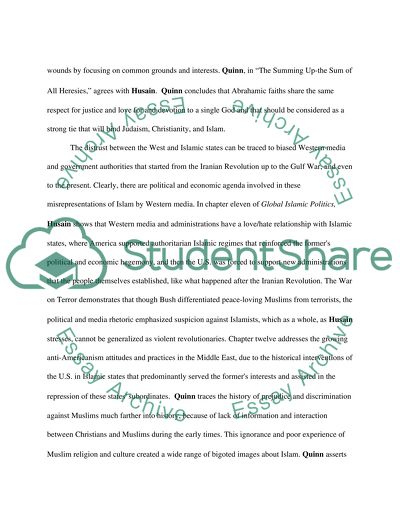Cite this document
(“Abrahamic Religions Review Essay Example | Topics and Well Written Essays - 1750 words”, n.d.)
Retrieved from https://studentshare.org/history/1429457-abrahamic-religions-review
Retrieved from https://studentshare.org/history/1429457-abrahamic-religions-review
(Abrahamic Religions Review Essay Example | Topics and Well Written Essays - 1750 Words)
https://studentshare.org/history/1429457-abrahamic-religions-review.
https://studentshare.org/history/1429457-abrahamic-religions-review.
“Abrahamic Religions Review Essay Example | Topics and Well Written Essays - 1750 Words”, n.d. https://studentshare.org/history/1429457-abrahamic-religions-review.


